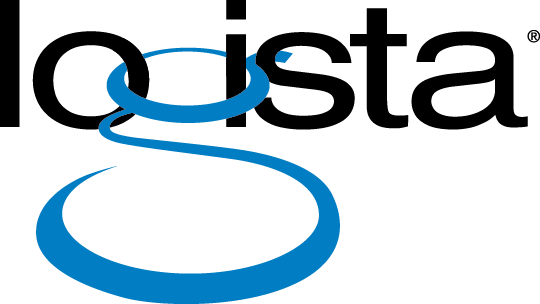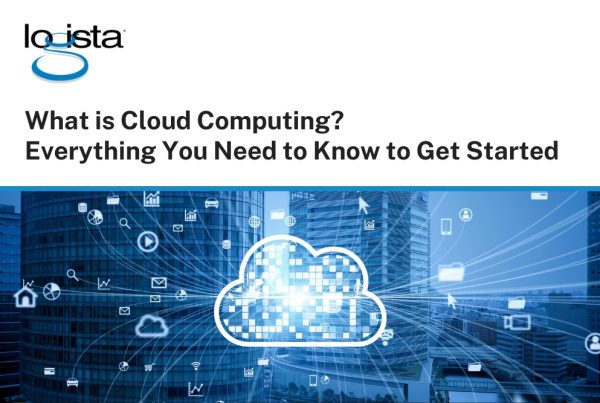Colocation providers and the cloud can host computing solutions where data storage and processing systems are in a data center offsite. Because these data centers provide a wide range of customizable solutions, they can cater to a variety of business sizes. However, colocation and cloud computing do differ as we will explain here.

What is Colocation?
With colocation, a business puts its own server in a third-party data center. It then uses the colocation’s infrastructure and bandwidth to process data. The business retains ownership of its physical hardware and its server software, while using the data center’s robust infrastructure to increase its bandwidth and better secure its data.
The colocation provider typically offers additional services for a monthly fee, such as server management and maintenance agreements. These are often valuable services to businesses that do not have IT specialists to regularly manage its servers residing at the colocation facility.

What is Cloud Computing?
With a cloud data center, computing services are directly delivered via the internet to its customers. Customers are charged based on the computer resources they use. This is similar to how you might pay a monthly utility bill for the electricity you use in your home.
The cloud service provider is entirely responsible for developing, deploying, maintaining and securing its network architecture. The provider will usually implement shared responsibility models to protect their customers’ data.
Colocation vs Cloud Computing
Depending on its needs, a business may choose colocation, cloud computing or a combination to complete the various computing tasks it requires. For example, consider these four services that both computing types offer:
- Security – Colocation data centers and cloud hosts typically offer greater security than on-premise solutions. Of course, you might have concerns about entrusting sensitive data to a third party. A reputable cloud host typically has resilient, multi-layered security frameworks. A colocation facility could potentially offer more security, but that is only if they have the knowledge and expertise to implement an in-house competitive security solution.
- Compliance – Certain industries, like the healthcare industry are heavily regulated in the area of data security. A cloud provider can offer on-demand compliance to meet regulatory requirements by shifting hardware and software packages seamlessly without noticeable change to end-users. Colocation services put more of the compliance burden on the customer. While the provider is responsible for the hardware and physical aspects of compliance, you will be responsible for compliance with the software aspects.
- Connectivity – Moving your computing processes to an off-site data center helps improve connectivity because reputable data centers strive to provide their customers with superior bandwidth, reliability, and connection speed. Cloud service providers often include clauses in their contracts to allow for system hardware and software updates that might affect uptime. Colocation allows companies to use optimal bandwidth, without having to deal with continual updates, deployments, and implementations. However, both are ideal for businesses that want to have hosting in a specific geographic area that reduces processing and page load times because of lesser distance between servers and users.
- Backup & Disaster Recovery – Both cloud and colocation providers can offer cost savings for backup and disaster recovery, which are typically offered as built-in services. However, not all recovery solutions are created equal. Before choosing either one for these services, you must first determine whether the services provide enough bandwidth in the event you need to use your backup system to run your entire business indefinitely.
Is a Colocation Data Center or the Cloud Best for Your Business?
Deciding whether a colocation or cloud solution or both is best for your business requires careful assessment of your technology environment to determine which is the best value for your processes and data. It is a wise decision to consult with an experienced colocation and cloud computing specialist.
About Logista Solutions
Logista Solutions is a nationally recognized leader in a broad range of technology management solutions. As one of the largest technology support providers in the U.S., Logista provides innovative and holistic solutions to help companies take control of their IT infrastructure and achieve better business outcomes. Popular services include Managed IT as a Service, VoIP and Unified Communications, Managed Print, Cloud Services and Asset Disposition.



